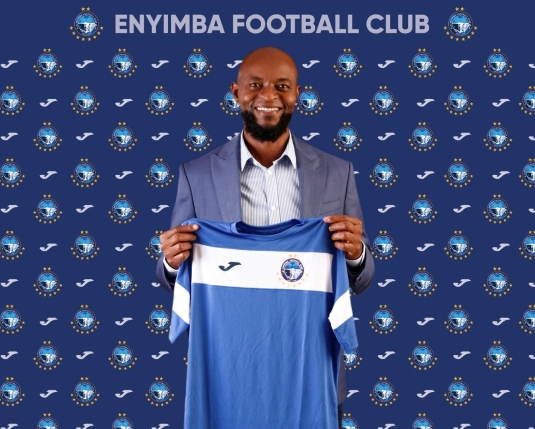The federal government on Friday told the national industrial court that attempts to resolve the ongoing strike by the National Association of Resident Doctors (NARD) have failed.
The court had on Wednesday advised parties to explore means of negotiations after NARD agreed to sign a memorandum of understanding (MoU) with the federal government.
At the court session on Friday, Tochukwu Maduka, counsel representing the federal government, said all attempts by the claimant to reach an agreement have failed.
“My instruction this morning is that settlement on this matter has failed. There was an attempt but parties could not agree. In view of this, we urge my lord to proceed to deliver the ruling on the pending applications,” he said.
Advertisement
Responding, Femi Aborisade, counsel to the resident doctors, said: “We want to put it on the record that in line with the court’s direction, the defendants demonstrated good faith.”
“The ministry of labour invited the president of the defendant to a meeting yesterday. The aides to the minister gave the president (of NARD) an addendum to the original memorandum of understanding (MoU). The addendum shows that the timeline for the MoU has elapsed.
“In return, the president (of NARD) gave the aides a document containing the proposed terms of settlement which is similar to the addendum of the claimant.
Advertisement
“The president (of NARD) upon a recognition that the timelines in the original MoU have lapsed and there is need to set new timelines. Upon the receipt of the proposed terms of settlement by the minister, the minister asked the aides to tell the president (of NARD) that the government would be consulting its lawyers.
“The defendant in the circumstance felt that the claimant ought to have called for a meeting as directed by the court to reconcile the differences in the timelines.
“My lord in the interest of the masses of Nigerians who have no means to go abroad for medical care, we ask the court to order the claimant to go to the negotiations to reconcile the differences in the two addenda.
“There should be no authority that is above the court. Should they refuse, the defendant is equally ready to match them.”
Advertisement
However, Maduka said the resident doctors were “not disputing any other issue in the MoU. They had agreed to sign. My learned friend confirmed that the only issue was the timeline. But the defendant came up with an entirely different agreement, what they called terms of settlement, bringing entirely different issues that were not in the original MoU”.
He added that a meeting was called but the defendant walked out of the meeting.
But Aborisade insisted that no meeting was called.
Delivering a brief ruling, Bashar Alkali, the judge, asked the federal government to move its interlocutory applications.
Advertisement
Advertisement
Add a comment






